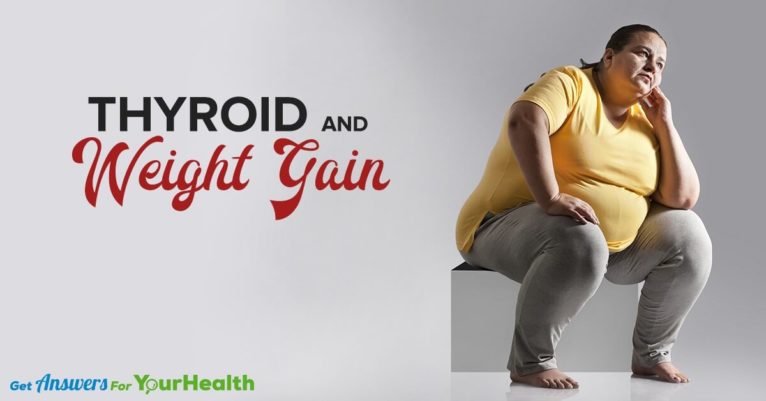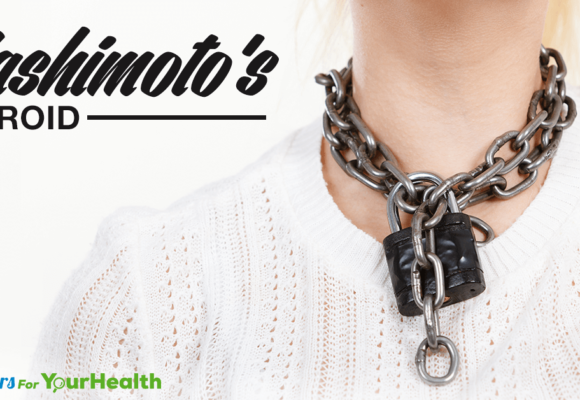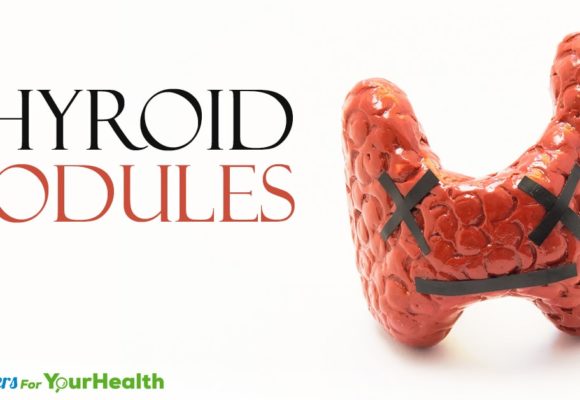1) Grab a FREE copy (Value $14.95) of one of my books Thyroid Symptom Overload
Just pay shipping $7.95 for any US orders. Or, if you want to pay full price plus shipping, order from Amazon :)
2) Take our Thyroid Quiz today and find out what "Thyroid Type" you have
This quiz will help you quickly discover where your symptoms are stemming from.
3) Join Our Thyroid Advocate Membership Site - Natural Thyroid Academy
FREE for a limited time. No credit card required.
4) Work with me and my team privately
Schedule your FREE 15 minute phone consultation and we can find out the best way to help you specifically.
You will probably be shocked to hear, but thyroid problems are becoming more common every single day. More and more people are getting affected by either hyperthyroidism or hypothyroidism. What is worrisome though is that thyroid issues do not come alone. They bring about a lot of side effects including rapid weight gain.
Another concerning factor is that women who are over the age of 35 are more likely to have thyroid disorders than those who are below that age. Studies show that 30% of women who have crossed their mid-thirties are suffering from some kind of thyroid problem. Research also shows that about 30 million Americans are facing thyroid issues and about half of them are yet undiagnosed.
Understanding Thyroid Issues
The thyroid is the one that is responsible for the production of the thyroid hormone which is responsible for the maintenance of the heart beat, body temperature, as well as the metabolic rate. If your thyroid is unable to produce enough of the hormone, that means there is something wrong. Too much hormone and the thyroid is overactive, too little and the thyroid is deemed under active.
There are many things that can put the thyroid under stress and lead it to low or high production of the thyroid hormone. From an autoimmune disease to pregnancy, stress to toxins, genetics to nutritional deficiencies, anything can be a trigger of the thyroid not working properly.
Thyroid and Weight Gain
Studies show that people whose bodies are producing low levels of thyroid hormone are the ones suffering from increased weight gain. Known as hypothyroidism, this problem occurs due to autoimmune diseases, as well as Hashimoto’s thyroiditis.
Here are some common symptoms of hypothyroidism:
- Enlargement of the thyroid gland, swelling of the neck
- Slowed heart rate and pulse
- Feelings of fatigue
- Depression, anxiety and nervousness
- Excessive hair loss
- Feeling of being cold all the time
- Constipation
- Irregular menstrual cycle
- Dry skin and nails
- Numbness or tingling sensation in hands
One thing that you do need to consider though is that there are quite a few symptoms of hypothyroidism that resemble those of menopause. Could it be that you are currently going through or have just gone through menopause?
Managing Weight with Hypothyroidism
Just because you are suffering from hypothyroidism, does not mean that something can not be done to control the symptoms. Same is the case with thyroid issues and weight gain. After consulting with a doctor, and finding out what they suggest, some other things that you can do in order to manage the symptoms of hypothyroidism are listed below.
Diet
There is no particular diet plan for hypothyroidism. Although many women are senstive to things like Gluten, dairy, yeast, and soy. In order to prevent all of this from getting worse, call Health Solutions Plus to see which foods you can most benefit from. Everyone is different. You can incorporate foods that provide energy and necessary nutrition to your body. Instead of opting for three large meals, take 5-6 small ones throughout the day.
Working Out
Working out does not only aid with weight loss, it also helps in keeping your energy levels up. What’s more, feelings of anxiety, depression, and stress also reduce with exercise. Some of the most effective exercises for hypothyroidism and weight gain are walking/running, yoga, lifting weights, aerobics, and even high intensity workout. You will notice that the results can happen pretty fast. You will feel more energized after a workout session and better mentally as well.
Catching Up on Sleep
A proper sleeping pattern where you are able to get restful sleep on 7-9 hours is something that is highly recommended for people suffering from hypothyroidism. Make sure that you create a routine where you go to bed and get up at the same time every day.
Relaxation Techniques
People with hypothyroidism find it difficult to relax. Hence the reason why they become stressed out, binge eat and don’t sleep the right amount. If you are able to relax, you will start feeling better. There are many different things that you can try for relaxation, including getting massages, joining therapy counselling or trying meditation. These techniques will ensure that a calm state of mind is achieved.
Some Things to Consider
There is something you need to remember about thyroid conditions. Thyroid problems can lead to excessive weight loss as well. This happens when the thyroid is producing too much thyroid hormone. The condition is known as hyperthyroidism. This is where it’s difficult to gain weight.
Be it hyper or hypothyroidism, you need to get in touch with a doctor. Only they will be able to guide you on how best to take care of your thyroid symptoms and your weight issues. Depending on the severity of your condition, you will either be prescribed medication or will simply be asked to make dietary and lifestyle changes. If it’s the latter, contact Health Solutions Plus for a plan in making lifestyle changes.
Please do not indulge in any kind of self-diagnosis as thyroid issues can give way to other medical problems like cancers as well as obesity. If you feel that you have symptoms that are indicative of a thyroid condition, talk to your doctor as soon as possible.
References
- https://www.webmd.com/women/ss/slideshow-thyroid-symptoms-and-solutions
- http://www.aarp.org/health/conditions-treatments/info-02-2013/is-your-thyroid-making-you-fat.html
- https://www.endocrineweb.com/conditions/hypothyroidism/4-lifestyle-tips-hypothyroidism?page=2








